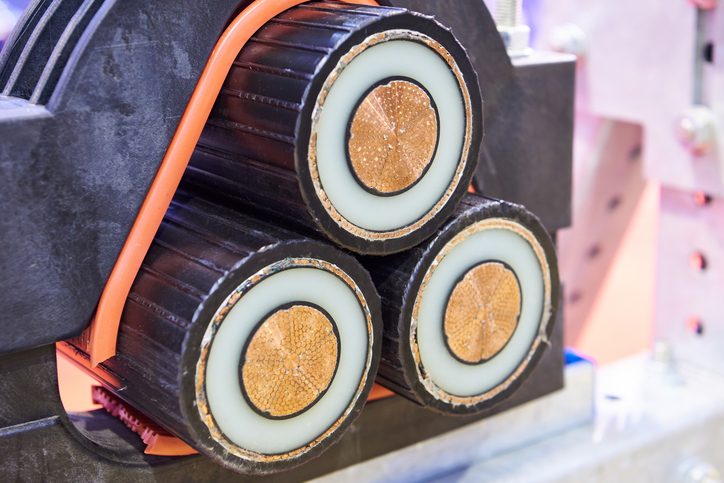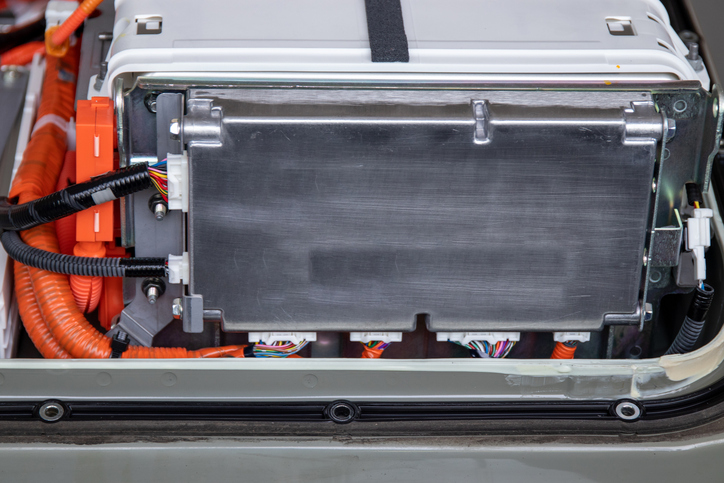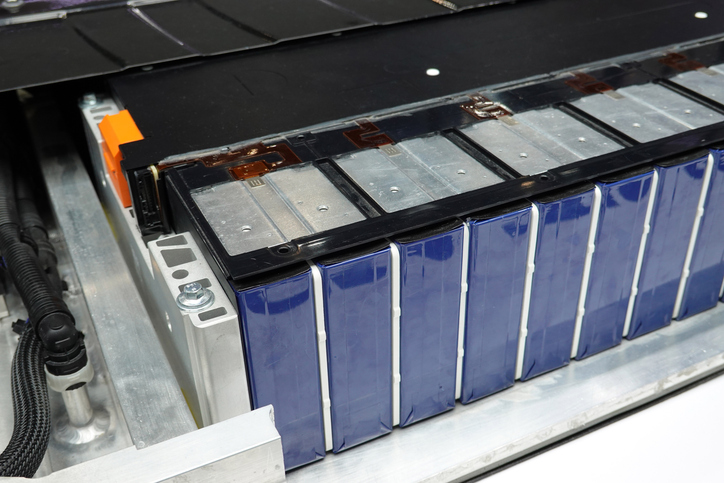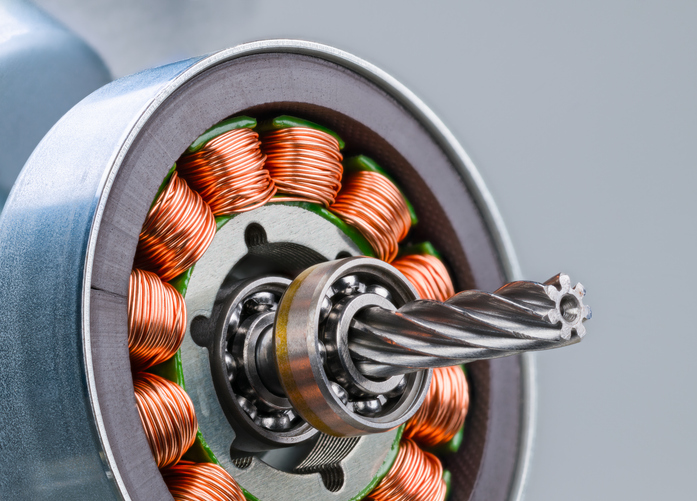Selecting the right electrical insulation material significantly impacts system performance, safety, and longevity. Understanding the characteristics and applications of different types of electrical insulation materials helps engineers and manufacturers make informed decisions for their specific requirements.
Let’s examine some of the material options for electrical insulation and the performance considerations that impact the decision-making process when designing an insulation solution.
Creating Bespoke Insulation Solutions is What We Do: Reach out to the Electrolock team today to begin discussing your next electrical insulation project.
Types of Electrical Insulation Begin with Primary Materials
Mica-Based Solutions
Mica remains a cornerstone of electrical insulation, particularly in high-voltage and high-temperature applications. Its natural crystalline structure provides exceptional dielectric strength and thermal stability. Mica materials excel in applications requiring sustained performance under extreme conditions, offering superior resistance to partial discharge and maintaining their insulative properties at elevated temperatures.
Polyethylene Terephthalate (PET)
PET-based insulation provides an excellent balance of electrical and mechanical properties. These materials offer good dielectric strength combined with mechanical durability and chemical resistance. PET solutions prove particularly valuable in applications requiring cost-effective, reliable insulation with moderate temperature requirements. Their flexibility and adaptability make them suitable for various manufacturing processes.
Fiberglass Insulation
Fiberglass materials offer robust electrical insulation properties with excellent thermal resistance capabilities. These materials combine strong dielectric performance with remarkable mechanical durability and dimensional stability. Fiberglass solutions are particularly effective in applications requiring consistent performance across fluctuating temperatures while maintaining structural integrity. Their versatility and cost-effectiveness make them a standard choice across numerous industrial applications where reliability is paramount.
Silicone-Based Materials
Silicone insulation materials offer exceptional flexibility and temperature stability. Their ability to maintain performance across a wide temperature range, combined with excellent weathering resistance, makes them ideal for outdoor and environmentally challenging applications. Silicone solutions also provide good corona resistance in high-voltage applications.
Performance Considerations for Electrical Insulation
Thermal Management
Different applications demand various levels of thermal performance. While some materials like ceramic and mica can handle extreme temperatures, others provide more moderate thermal protection. Understanding operational temperature requirements helps determine appropriate material selection.
Voltage Requirements
Dielectric strength varies significantly among insulation materials. High-voltage applications often require materials like mica or specially engineered composites, while lower-voltage applications might be well-served by more standard solutions. Voltage stress distribution and partial discharge resistance become increasingly important at higher voltages.
Environmental Factors
Environmental conditions significantly impact insulation material selection. These include factors such as:
- Moisture exposure
- Chemical presence
- UV radiation
- Physical stress
- Operational cycling
All influence optimal material choice and system design.
Custom Solution Development
While standard insulation materials serve many applications effectively, complex requirements often demand customized solutions. Developing optimal insulation systems requires careful consideration of multiple factors:
- Operating environment specifications
- Performance requirements
- Manufacturing constraints
- Cost considerations
- Maintenance requirements
Engineer the Right Solution with Electrolock
Electrolock’s extensive experience with many types of electrical insulation materials enables informed guidance through the selection process. Our engineering team works directly with clients to analyze specific application requirements and develop appropriate solutions, whether utilizing standard materials or creating custom configurations.
We maintain comprehensive testing capabilities to validate material performance under specific operating conditions. This ensures that selected insulation solutions meet both immediate performance requirements and long-term reliability needs.
From basic electrical isolation to complex thermal management challenges, our material expertise helps clients navigate the wide range of available options to find optimal solutions. We understand that each application brings unique demands, and we’re committed to developing insulation systems that deliver reliable performance.
Contact Electrolock to discuss your insulation requirements and leverage our expertise in material selection, testing, and custom solution development.




